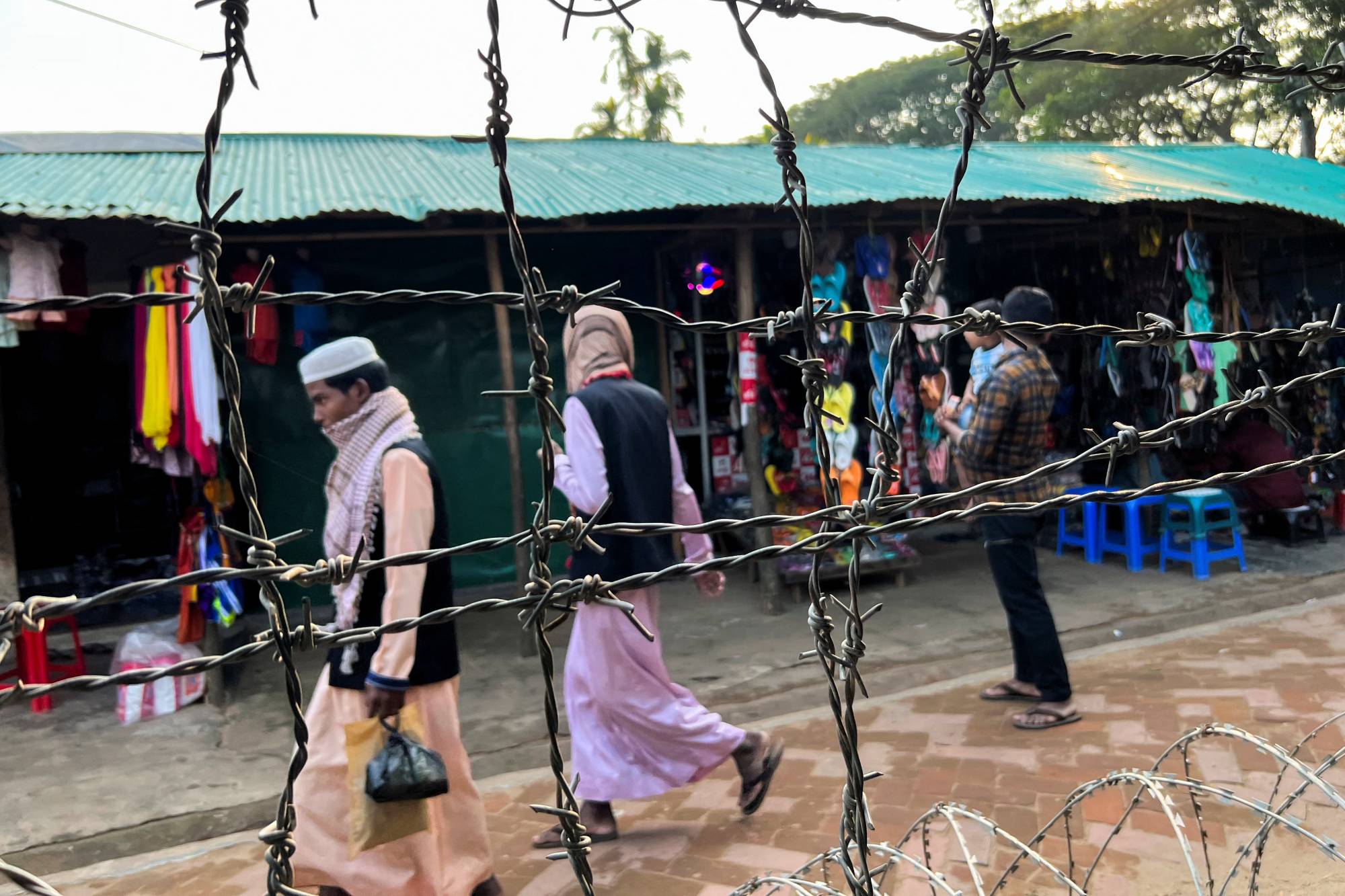Mohammed Ismail says four of his relatives were killed by gunmen at the Rohingya refugee camps in Bangladesh between April and October last year. He recalls the September night when, he says, he almost met the same fate: masked men kidnapped him, cut off parts of his left arm and leg and dumped him in a canal.
"They repeatedly asked me why I gave their personal details to the police," Ismail, seated on a plastic mat with his left limbs covered in white bandage and cloth, said at the Kutupalong refugee camp. "I kept telling them I didn't know anything about them and had not provided any information."
About 730,000 Rohingya, a mostly Muslim minority present in Myanmar for centuries but denied citizenship in the Buddhist-majority nation since 1982, fled to Bangladesh in 2017 to escape a military crackdown. Including others who migrated in prior waves, nearly 1 million live near the border in tens of thousands of huts made of bamboo and thin plastic sheets.



















With your current subscription plan you can comment on stories. However, before writing your first comment, please create a display name in the Profile section of your subscriber account page.